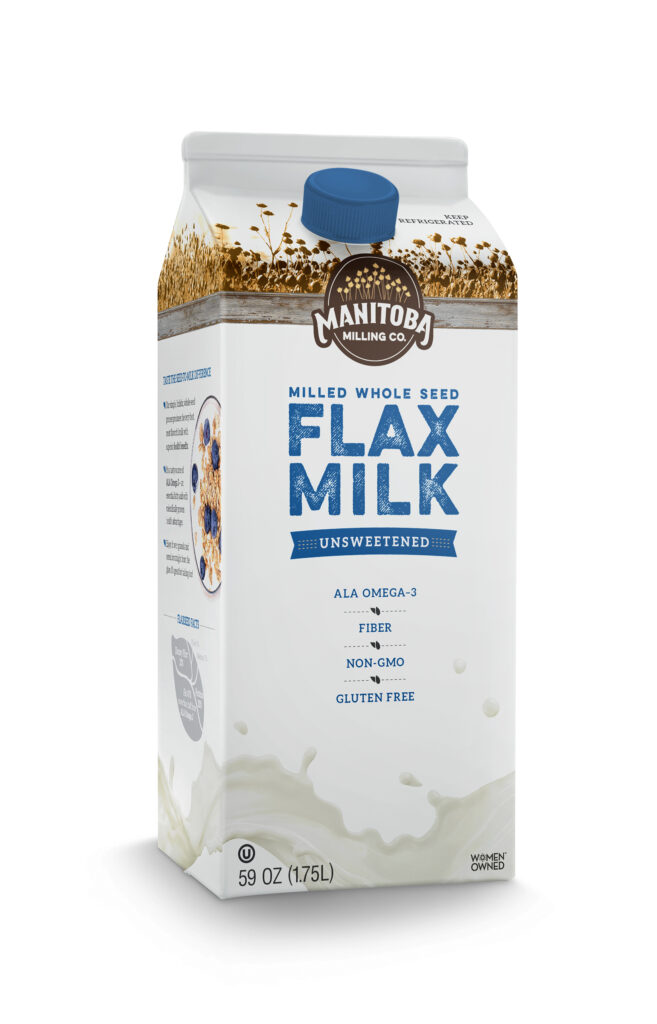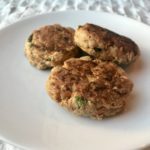4 Nutrients that Support the Immune System
With immunity at the top of everyone’s mind, there also seems to be an influx of information surrounding the role that food can play in warding off infection.
We know that no one food you eat will magically prevent you from getting sick this flu season. However, there is evidence that certain nutrients can help support the immune system, and their deficiencies may exacerbate infection.
Here are four specific immune support vitamins, minerals, and nutrients to focus on and where to find them.

Table of Contents
ToggleVitamin C
Vitamin C contributes to immune defense by supporting various cellular functions of the immune system. As an antioxidant, vitamin C also protects white blood cells from oxidative stress. Sources of vitamin C include bell peppers, oranges, broccoli, and strawberries.
Recipe to try: Strawberry Flax Spread
Zinc
Zinc has beneficial effects on intestinal immune functions, enhances activity of macrophages, and is involved in antibody production. Sources of zinc include oysters, beef, chicken, pork, and pumpkin seeds.
Recipe to try: Gluten-Free Chicken Tenders with Honey Mustard Sauce

Vitamin D
Vitamin D stimulates the expression of powerful antimicrobial cells, including those lining the respiratory tract. Deficiency can lead to altered gut microbiota, reduced number of lymphocytes and impaired immune capability. Sources of vitamin D include fatty fish, fish liver oils, and fortified foods like milk and milk alternatives (including our flax milk!). Getting outside for some sunshine is another great way to meet your needs since vitamin D is produced by your body when UV rays hit the skin.
Recipe to try: Vanilla Chai Overnight Oats

Omega-3 Fatty Acids
Omega-3 fatty acids are hugely important as they are incorporated in all immune cells and influence their function. Sources of omega-3 fatty acids include fatty fish, flaxseed, and walnuts.
Recipe to try: Salmon Patties

Summary
While there’s no “perfect” food or supplement that will boost your immune system, a healthful diet can certainly help support it. Making an effort to eat a balanced diet and including a variety of foods when possible is the best way to prevent nutrient deficiencies and take action on what you can control.
References:
- Gombart AF, Pierre A and Maggini S. A review of micronutrients and the immune system – working in harmony to reduce the risk of infection. Nutrients. 2020; 12(1): 236. https://www.ncbi.nlm.nih.gov/pmc/articles/PMC7019735/
- Gutierrez S, Svahn SL and Johansson ME. Effects of omega-3 fatty acids on immune cells. Int J Mol Sci. 2019; 20(20): 5028. https://www.ncbi.nlm.nih.gov/pmc/articles/PMC6834330/.
- Wacker M and Holick MF. Sunlight and vitamin D. Dermatoendocrinol. 2013;5(1): 51–108. https://www.ncbi.nlm.nih.gov/pmc/articles/PMC3897598/
- National Institutes of Health Office of Dietary Health and Supplements. Vitamin D – Health Professional Fact Sheet. https://ods.od.nih.gov/factsheets/VitaminD-HealthProfessional/
